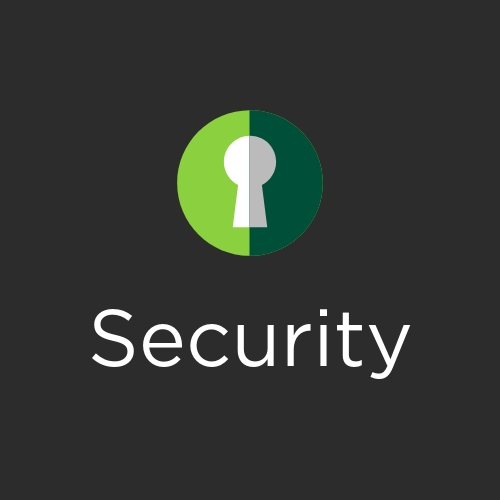October is the 15th Annual National Cyber Security Awareness Month
We live in a world with data at our fingertips. Easy access to information makes our lives easier, but it also leaves us more points of vulnerability if our data is not handled properly.
At MSU we are keenly aware of the need for data safety, and we take steps to ensure that we are offering best in class solutions to data safety. But we cannot achieve a secure environment without every Spartan participating in best practices. To help, we have compiled a list of the Top 10 security habits that you can observe to help us protect your data.
Top 10 security habits
1. Update operating systems
You should keep your operating systems as current as possible. This is true for computers and apps on your phone. Take special care to update apps that you regularly use to conduct financial or personal business.
2. Install anti-virus protection
This is one of the easiest and most effective ways you can keep your personal information, as well as MSU information, secure. In addition to using a trusted Anti-Virus program, make sure that you regularly update this software as new versions become available.
3. Know the people you are talking to
If you receive an unexpected message or email from someone you know, be careful. It might be someone pretending to be that person.
4. Be careful when someone asks for information
If you are asked for your personal information, ask yourself why. Who is this person asking for information and why do they want it? What do they want to do with it? Follow your instincts: If something feels off about the website or app that’s asking, stop what you’re doing.
5. Be mindful when creating passwords
Use unique, strong passwords on every site and app you use. You can use your browser or mobile device’s built-in password manager or a third-party manager to do this. Any of these password managers will do two important things: generate a strong password (one that a hacker couldn’t guess on their own easily) and remember it for you.
6. Use two-factor authentication
For the accounts that are important to you, take an extra step and use two-factor authentication logins to keep your accounts out of the hands of hackers.
7. Think before you download
Download apps and browser extensions from trustworthy sources, otherwise they could allow someone to take control of your device, steal your information, compromise your accounts – and even demand ransom money to release control of the devices and its contents back to you.
8. don’t share accounts with friends
If your friend wants to use the same app or service you’re using, they should get their own account under their control.
9. remember to log out
If you use a public, shared computer or other device at a library, store, or a lab, remember to log out of any accounts you may have used.
10. Be cautious of public wi-fi
Free Wi-Fi access can be very appealing for business or leisure travelers but is also particularly vulnerable to security issues. Avoid unencrypted Wi-Fi networks; ask your hotel about its security protocol before connecting to the Web. Be extra cautious using Internet cafes and free Wi-Fi hotspots; if you must use them, avoid accessing personal accounts or sensitive data while connected to that network.



